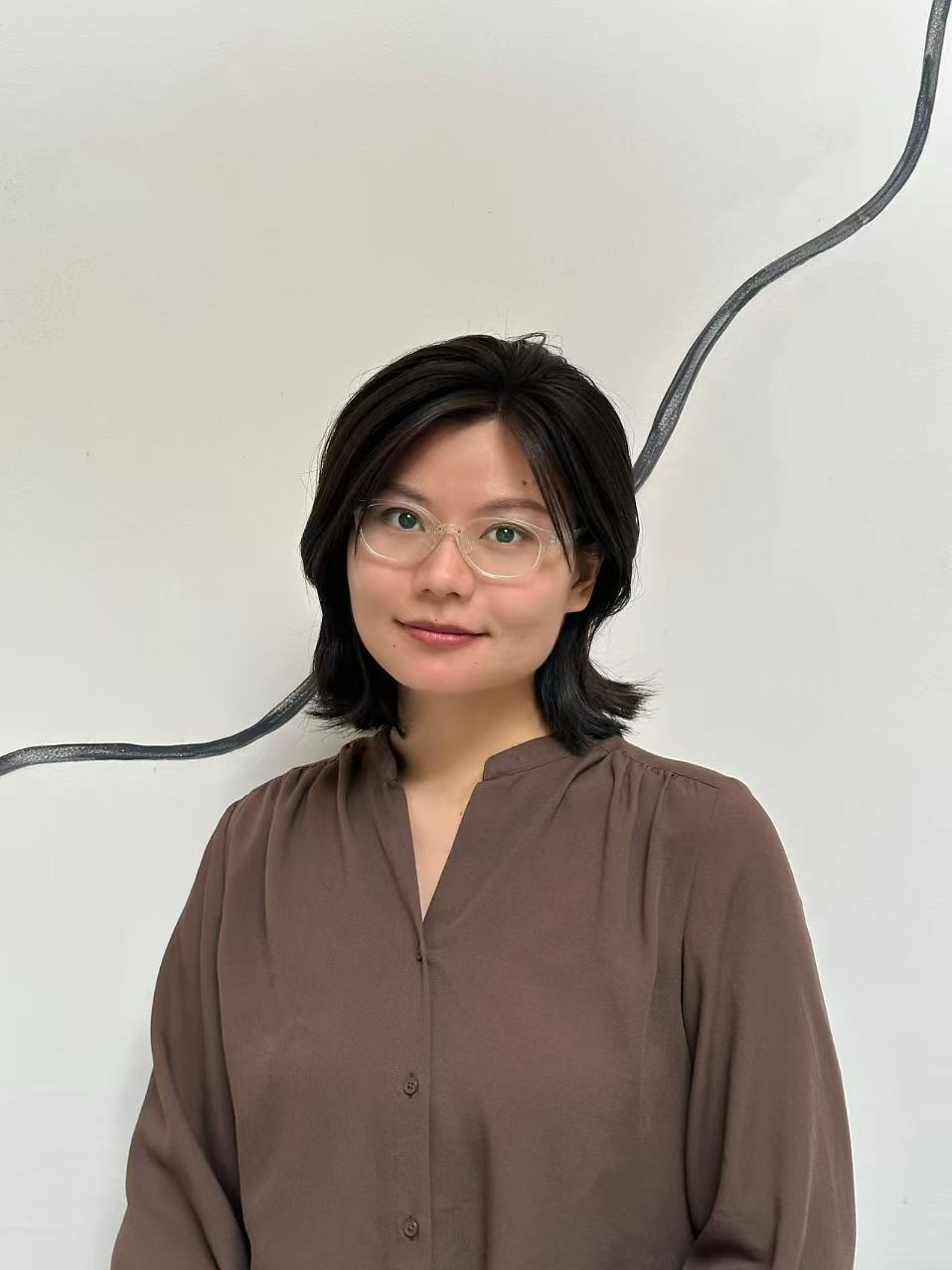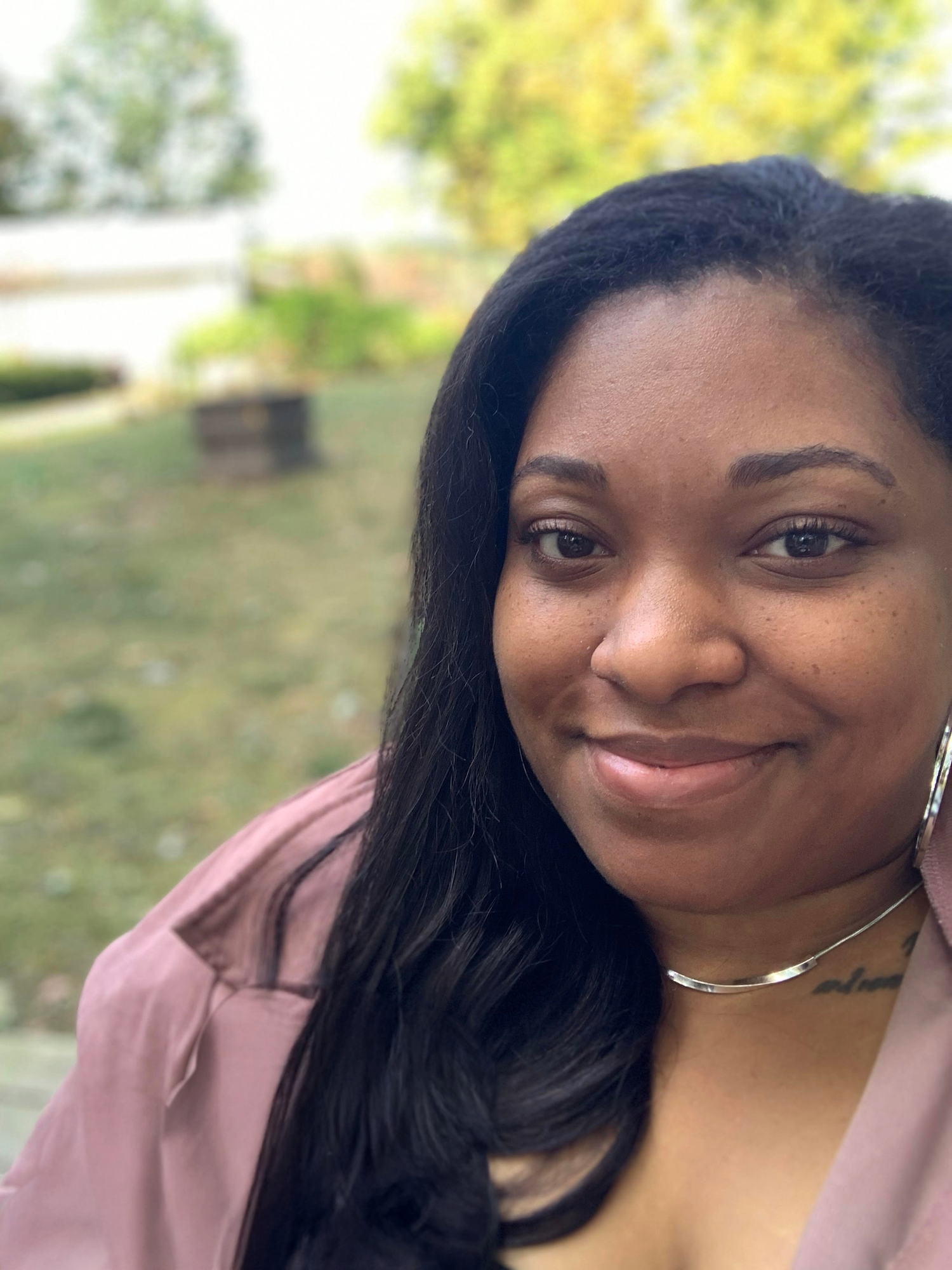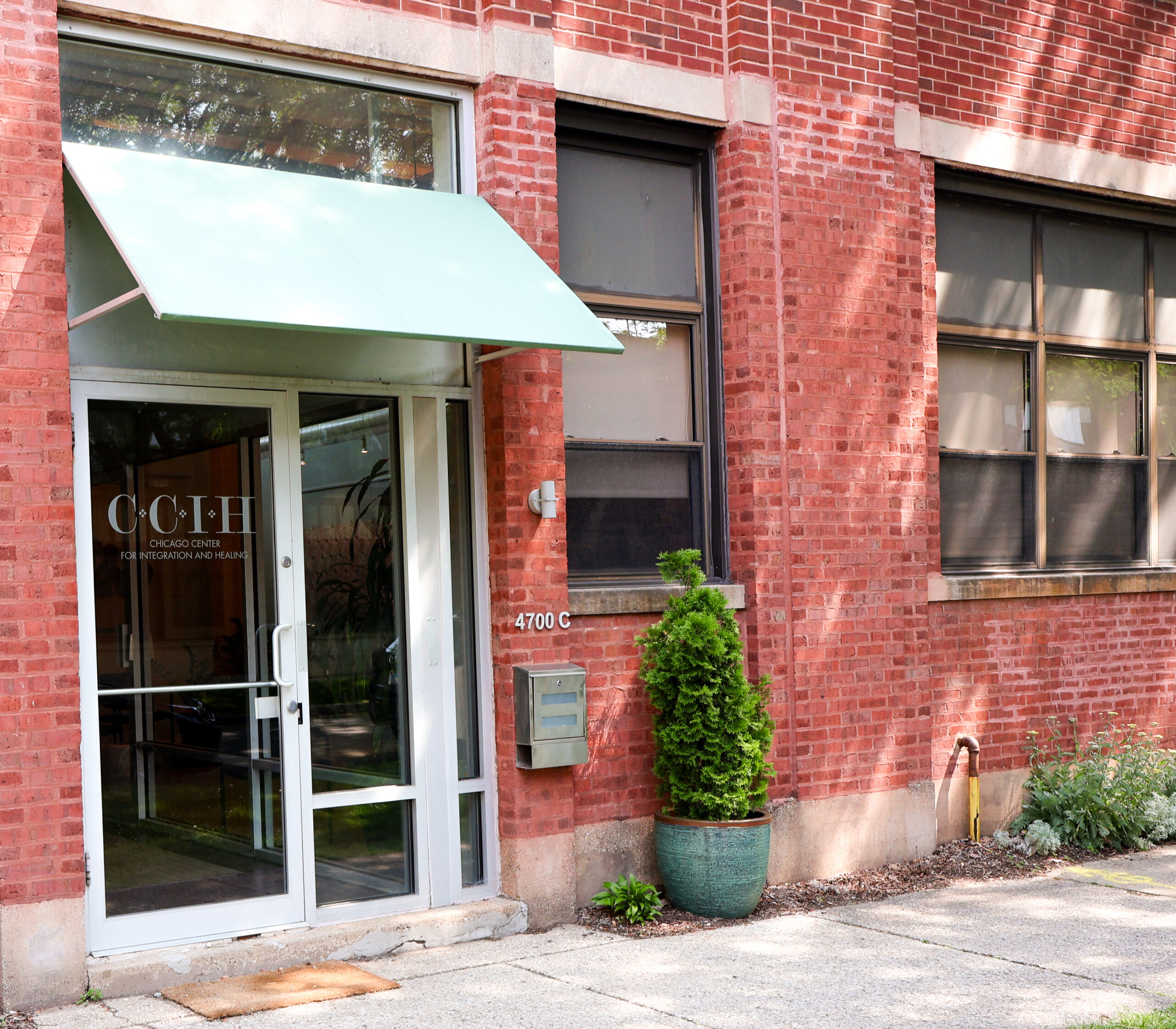There has been a shooting. The Supreme Court has handed down a ruling. Bombs have been dropped. Floodwaters are rising. Fire is raging.
As I reach for my phone to read the news, I am immediately flooded with emotion by the coverage and commentary that fill my feeds. I am aware of feelings of anger, sadness and despair. Having spent my adult life as a therapist treating trauma, my heart aches at the immediate pain and suffering that will result. I also have a deep sense of the ways these events will reverberate through the nervous systems of generations to come. As I sit with the chaos of my experience, I ask myself what it means to be a psychotherapist in these times.
The inequities in our society have been laid bare in ways that are painful and threatening. Everything that is coming at us from those in power is designed to turn us against each other, leaving us isolated and helpless. In this current climate, connection is resistance. As therapists, we have an important role to play.
Every day individuals walk into our offices afraid of losing their jobs, fearful family members will be deported and worried that the world is not safe for themselves or those they love. Sometimes it is less specific: they come in irritable or depressed with suicidal thoughts. As we explore, we become aware that their wounded spots are getting triggered by the political climate. We cannot offer the right grounding skill or regulation practice that can take away all anxiety or dread. We cannot make people feel better when they are threatened because of their racial identity, gender identity or immigration status. What we can do is acknowledge the truth of their experience and be with them in it.
If we can sit with someone while they are able to experience their own history, to regain connection with parts of themselves, to feel a sense of agency, then something will shift in them and the people that they touch. When we connect to someone who has had their experience denied, there is a shift in power. Therapy in itself is a political act.
During the Covid-19 Pandemic, we were deeply reminded of something that is often true–we ourselves are impacted by many of the same things that are impacting our clients. Our own fears and anxieties are frequently present in the room. This is not a problem, it is just true. However, it presents a challenge when we feel we are supposed to be managing everything. We need to extend ourselves the same compassion that we encourage in our clients. We need to be aware of when we need rest, when we need a break, and when our own fear, despair and hopelessness is getting triggered. Then, we need to touch that awareness with gentle curiosity. We must commit to taking care of ourselves so that we can continue to experience moments of joy and hope. We cannot be present with our clients if we cannot be present with ourselves.
At our best, we are able to hold complexity–the notion that more than one thing can be true at once. That we can be empathic with another’s experience, even when it is vastly different from our own. That one can be afraid and brave at the same time. That acknowledging the truth of pain can lead to hope. These times demand the ability to think with complexity and to hold a vision that there is space for different experiences in human connection.
Lately I have been guided by some words from Prentis Hemphill
“I’ve been processing and paying attention to the whirlwind of our world. Yes, the intention is to overwhelm and therefore, immobilize and confuse. Forcing a surrender. It all shows me how far over our centers we’ve been to begin with. It’s not just now that we’ve been scrambling and reactive, we have been here for a while. It’s just that that kind of reactivity has come to an end of its utility.
We need another kind of double consciousness, if I can borrow that term. A self split between responsiveness to our communities (which requires us each to be clear about our sphere of actual impact) and another that can steady, that is immovable but not immobilized, focused, grounded, strategic. That self knows that we will lose something but protects what it can. That part knows and accepts its limits as well as its power. It’s time to become wiser than we have been before.”
I have reflected on these words and the challenges of what it means to be responsive rather than reactive– to be immovable, not immobilized. These require ongoing practices. Some days I am very reactive and rattle all day inside my intense feelings. Some days I am immobilized by a deep sense of helplessness. For us therapists, our “spheres of actual impact” contain our clients and our colleagues. How will we interact with them? How will we impact our communities? The world needs regulated nervous systems. Those of us who have enough space and safety to regulate ourselves can then in turn support those who are currently unable to do so.
Community is essential. Through our connections with one another we can hold things that are too big for us to hold alone. Just as trauma can spread from one of us to another and create fear and immobility, connection can spread to create communities that together hold fears too large for one person. We can support one another in the moments when touching the present feels overwhelming.
Many therapists work alone in private practice, which unfortunately creates isolation in a time when community is most needed. In order to maintain the presence and responsiveness needed for social change we must be in community – come together and touch what is true, regulate ourselves and borrow the regulation from each other. When one of us is flagging, others can pick them up. Celebrate the moments of joy and share the moments of fear and pain. We have a very important role to play for social change through our daily work, but we have to be together to do it.








